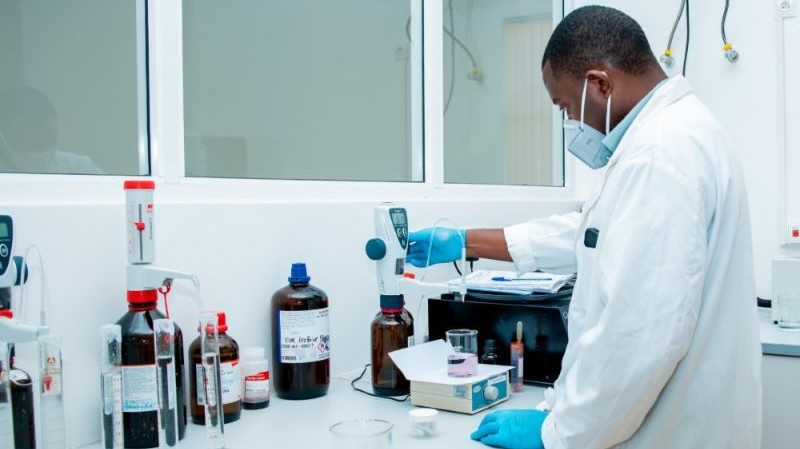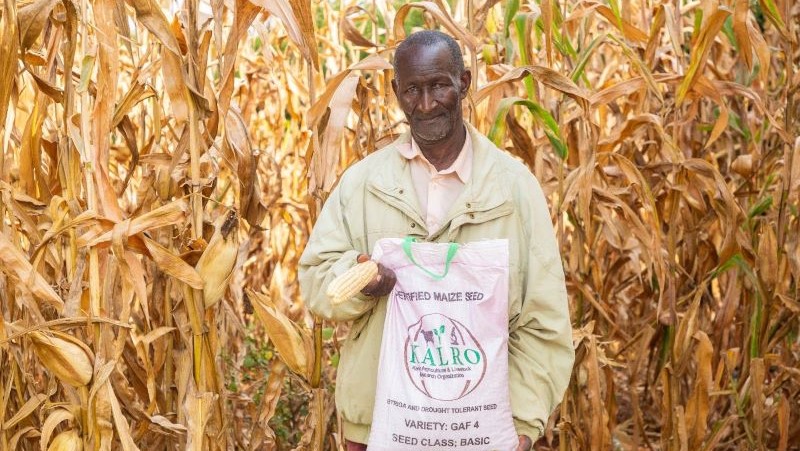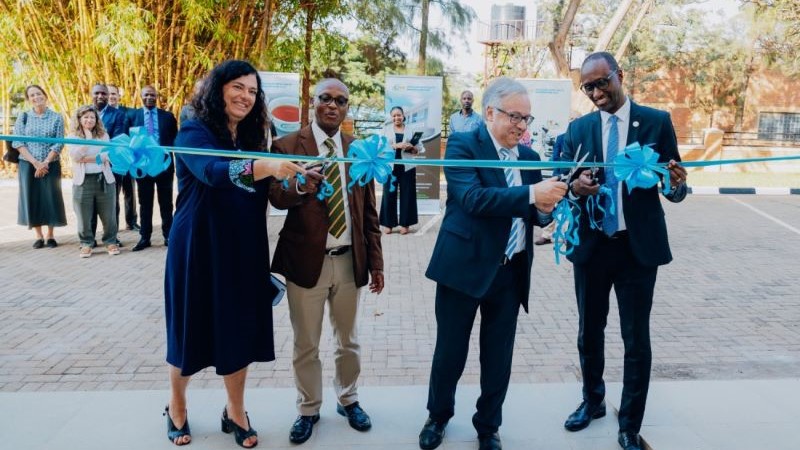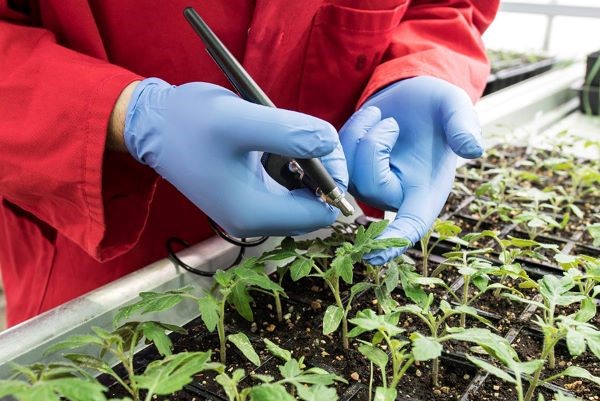Rwanda is taking progressive steps toward modernizing its agriculture by merging cutting-edge biotechnology with a robust quality control framework aimed at boosting food security and expanding global market access.
The dual initiative, piloting genetically modified crops and launching the Specialized Export Quality Infrastructure (SEQI), represents a significant stride in strengthening the country’s agricultural resilience and competitiveness.
The Rwanda Agriculture and Animal Resources Development Board (RAB) announced that, by the end of 2025, Rwanda will begin piloting three genetically modified (GM) crops, including cassava, Irish potato, and maize.
These crops were developed using advanced agricultural biotechnology to incorporate desirable traits such as disease and pest resistance and tolerance to drought.
According to Athanase Nduwumuremyi, the national coordinator of the Open Forum on Agricultural Biotechnology in Africa (OFAB) Rwanda chapter, the pilot will target farms in regions where these crops are widely grown.
“We can plant anytime between September and December 2025,” he said, noting that this will follow environmental release approval from the Rwanda Environment Management Authority (REMA).
The pilot follows successful confined field trials of GM cassava, resistant to cassava brown streak and mosaic diseases, in Huye, Nyanza, and Bugesera districts, and of late blight-resistant Irish potato in Musanze.

These diseases have long been a burden on farmers, forcing them to rely heavily on expensive and often ineffective pesticides.
The maize variety selected for the pilot, TELA maize, has been cultivated for years in countries like South Africa and Nigeria. It is genetically designed to resist drought and destructive pests such as fall armyworm and stem borer.
Nduwumuremyi emphasized that TELA maize, having passed regulatory stages elsewhere, will not need confined trials in Rwanda.
“The money that Rwanda was investing in buying pesticides to, protect maize for example, will be saved, farmers who were spending a lot of effort in spraying pesticides will be relieved,” he added.
Dr. Canisius Kanangire, Executive Director of the African Agricultural Technology Foundation (AATF), highlighted the importance of such crops in building resilience.
“Soon, in Rwanda, I hope that we will have TELA maize … But also we have cassava and potato, which will be protected against many devastating diseases,” he said during the African Conference on Agricultural Technologies held in Kigali.
Complementing this innovation on the production side is the recent inauguration of the Specialized Export Quality Infrastructure (SEQI) on June 16, 2025, by the National Agricultural Export Development Board (NAEB).

This €3.4 million facility, located at NAEB’s headquarters in Gikondo, Kigali, is designed to ensure Rwandan agricultural exports meet international standards through rigorous testing, certification, and compliance services.
“This infrastructure came on time where Rwanda aims at enhancing the competitiveness of agricultural products on the international market,” said Dr. Mark Cyubahiro Bagabe, Minister of Agriculture and Animal Resources.
“Investing in quality infrastructure promotes sustainable development by ensuring food safety, protecting the environment, and supporting long-term economic growth,” he added.
Supported by the European Union, SEQI is already undergoing accreditation to demonstrate its adherence to global standards. It will serve as a key asset for farmers, processors, and exporters across multiple agricultural value chains.
Together, these initiatives position Rwanda at the forefront of a modern agricultural revolution, balancing innovation with quality assurance to deliver food security at home and global competitiveness abroad.


